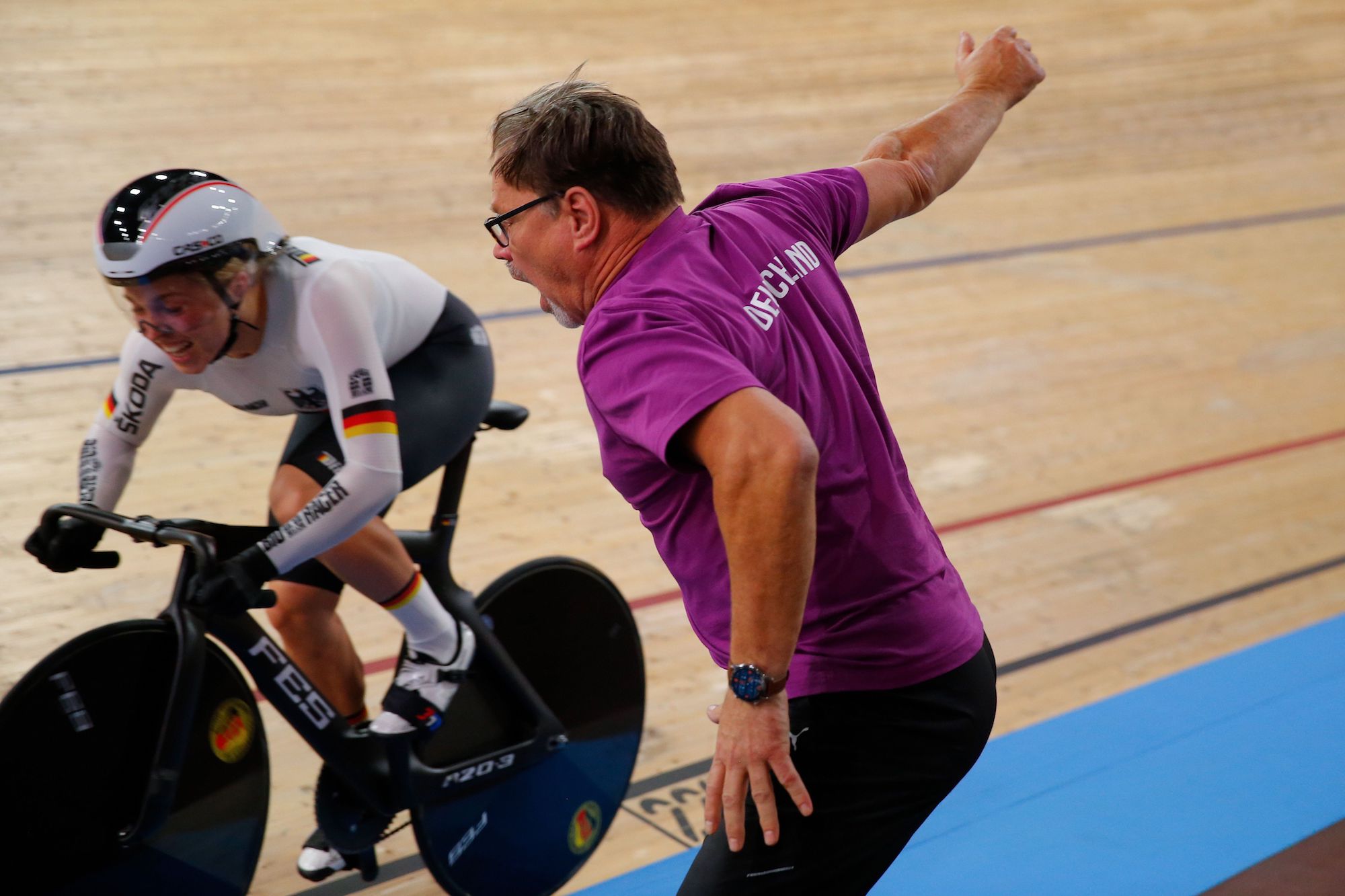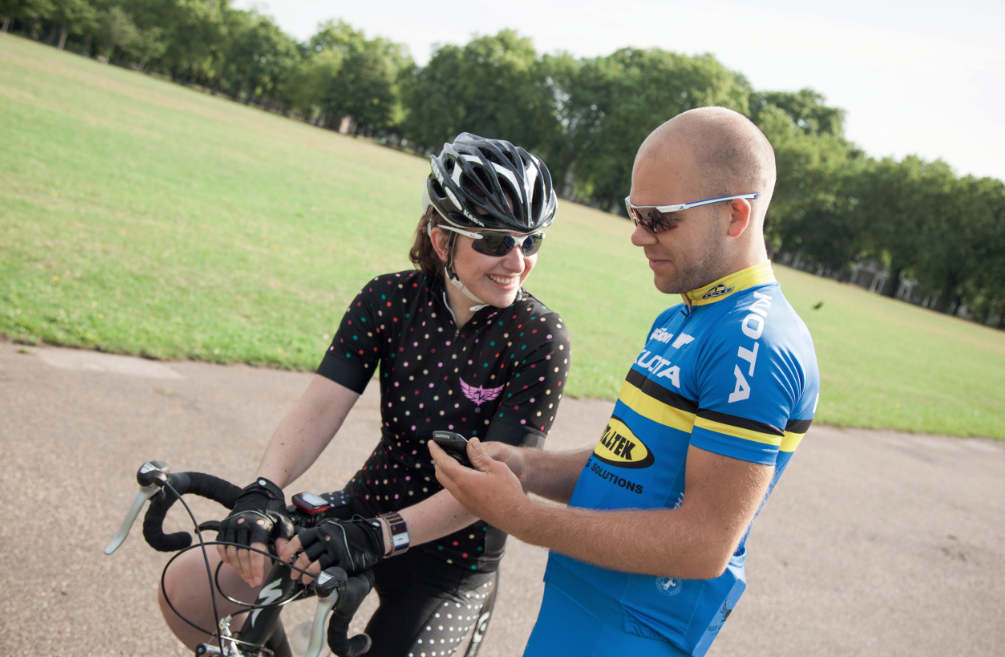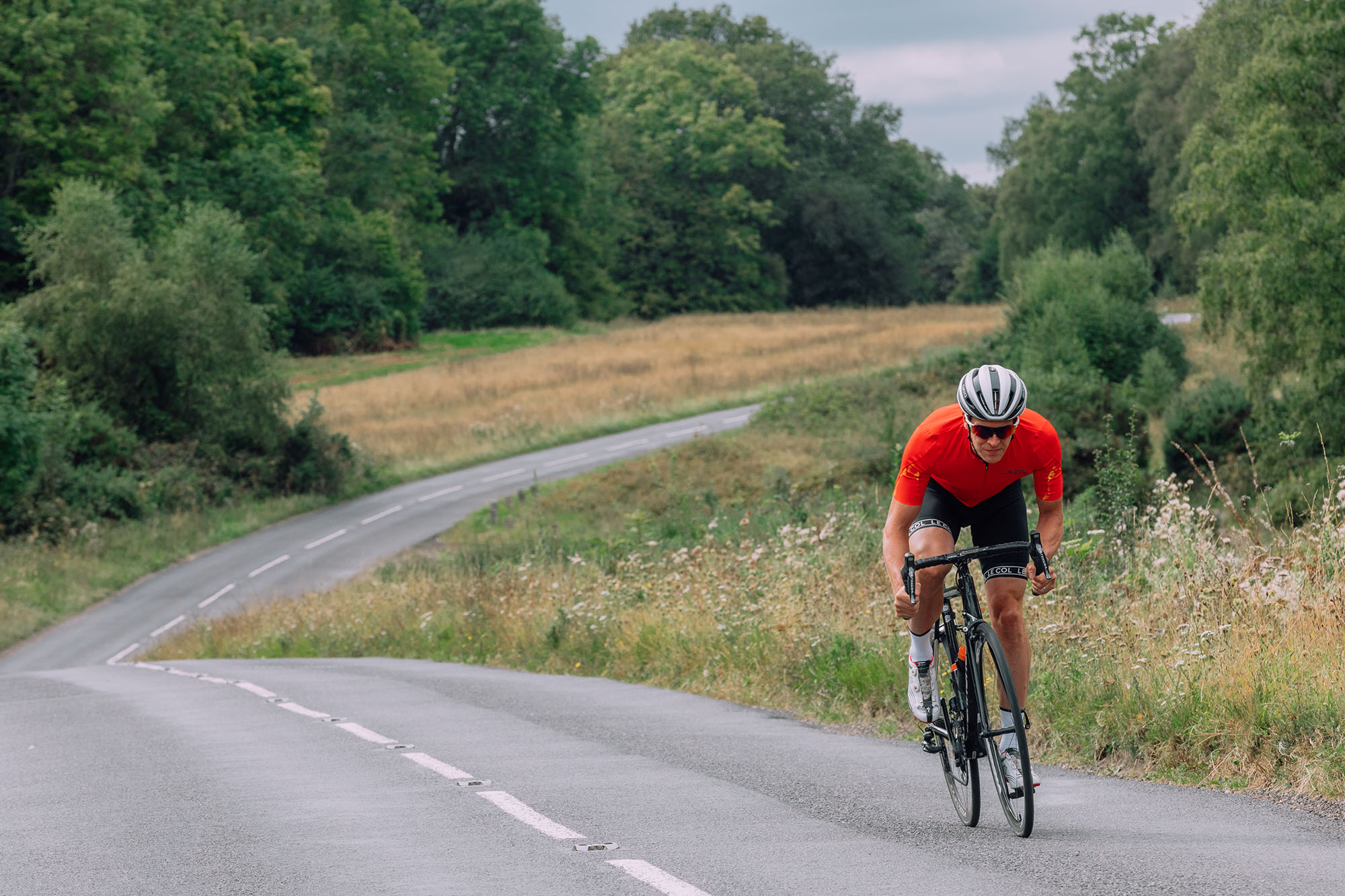Why summer 2020 could be the perfect time to start a cycling training plan
With reports more riders are looking for coaches, we look at the perks of structured training

(Odd Andersen/AFP via Getty Images)

So far 2020 has been a daunting and unpredictable year.
For cyclists, we’ve had the distance of our rides limited and have stopped riding with friends, while racing has been suspended.
But this season could be the perfect moment to try something new, a chance to shake up the riding for the first time.
Cycling coaching and training companies have recently seen a surge in interest, both from experienced riders looking to step up their riding and from cycling newcomers looking to get fit for the first time.
Cycling Weekly has explored lockdown coaching and why now could be the perfect time to start a training plan.
Time to train

As the coronavirus lockdown began and many businesses closed their offices, many riders working from home found themselves with a few extra hours in the day that were normally saved for commuting.
Get The Leadout Newsletter
The latest race content, interviews, features, reviews and expert buying guides, direct to your inbox!
For those that drive to work these hours can now be set for a bit of quality training, while anyone that cycles their commute may want to make up for the distance they’re missing out on.
“The increase in interest came as soon as lockdown was announced and bike shops were allowed to stay open,” said Kevin Henderson, head coach at Blackzone Coaching.
“We started to see more and more enquiries from novice or inexperienced riders looking for guidance as well as experienced riders who were looking for support and direction with their training.”
Blackzone is a cycling and triathlon coaching company based in Scotland, offering plans ranging from £90 to £220.
Henderson says coaching enquiries in April and May were double the number from the previous year.
“I think many people felt isolated with no bunch rides allowed so they were not getting a dose of their quality training,” he said.
“The weather was general good and people were keen to train outside after mainly being indoors on Zwift all winter. With it being lockdown, it was also quickly apparent that people had more time to train as they weren’t wasting time commuting.”
Motivation to ride
With racing suspended, group rides on hold and no obvious end point to lockdown , it can be tricky to keep up the motivation to ride even with the extra hours in the day.
But the structure of a training plan might offer the impetus you need to keep riding through the uncertainty.
Opting for a basic plan can give you diary-like planning that tells you exactly when to ride and for how long, which in itself can be enough to clip in and pedal.
For those opting for a full coaching experience, the motivation comes from having a coach looking over your workouts, checking the power data, and making sure you’re putting in the right kind of work.
Either way, a training plan offers constant reminders that you’re working towards a specific goal and that each ride will make you faster (eventually).
Delayed races

The cycling season has been completely upended this year, but with each passing week it looks more likely that we will see competition again this year.
While a normal season often see riders slogging away indoors or through the cold in winter to be race fit for spring, this year we have the opportunity to train in the sun and warmth for races in the late summer and autumn.
Henderson said: “We should have events later on in the summer and we also have the winter events in the velodrome and cyclocross to look forward to.
“People overall have a bit more time on their hands now to focus on themselves, and so now is a good time to start setting long term goals towards next year's events and building the foundations of fitness while you can do so more easily.”
Getting faster
It may seem obvious, but the biggest factor of coaching is the chance to get faster.
Zwift racing has offered riders the chance to compare their performances to other cyclists around the world and many of us have released we have some work to do.
A conversation with a coach can really help you pin down your strengths and weaknesses and really improve your riding.
Most coaches will tailor your riding to both your goals and your everyday commitments, to help you get faster with the hours you have available.
You can also use the ‘heavy training week’ excuse when you’ve got bad legs out on a ride.
There are more options than ever before
Previously coaching has been an expensive optional extra in cycling.
Many people would much rather spend their spare cash on a new set of wheels, or a new jersey, but in recent years the cost of structured training has tumbled.
Henderson said: “Cycling is not a cheap sport as we are well aware. Any professional service costs money. For those on a budget purchasing a pre-made training programme is a good, straight forward option. However, these training plans are not individualised to the client's strengths and weaknesses. You also don’t have the accountability and feedback that you get with a coach.
“A good coach will change your programme at a moment's notice to accommodate incurring life situations like work and family commitments. They also provide support and guidance when a rider is ill or injured. You get what you pay for, and the more interaction with your coach you have the better the outcome will be.”
>>> Best Bikepacking bags 2020: A buyers guide for multi-day adventures
Blackzone have a basic cycling package costing £90, or an advanced option for £200, but there are also other options out there.
Both Wahoo’s fitness arm The Sufferfest and Zwift offer free options built into their apps, while The Sufferfest also provides custom 12-week training plans from £100 up.

Thank you for reading 20 articles this month* Join now for unlimited access
Enjoy your first month for just £1 / $1 / €1
*Read 5 free articles per month without a subscription

Join now for unlimited access
Try first month for just £1 / $1 / €1
Alex Ballinger is editor of BikeBiz magazine, the leading publication for the UK cycle industry, and is the former digital news editor for CyclingWeekly.com. After gaining experience in local newsrooms, national newspapers and in digital journalism, Alex found his calling in cycling, first as a reporter, then as news editor responsible for Cycling Weekly's online news output, and now as the editor of BikeBiz. Since pro cycling first captured his heart during the 2010 Tour de France (specifically the Contador-Schleck battle) Alex covered three Tours de France, multiple editions of the Tour of Britain, and the World Championships, while both writing and video presenting for Cycling Weekly. He also specialises in fitness writing, often throwing himself into the deep end to help readers improve their own power numbers. Away from the desk, Alex can be found racing time trials, riding BMX and mountain bikes, or exploring off-road on his gravel bike. He’s also an avid gamer, and can usually be found buried in an eclectic selection of books.
-
 'It took everything' - Puck Pieterse outclimbs Demi Vollering to win La Flèche Wallonne
'It took everything' - Puck Pieterse outclimbs Demi Vollering to win La Flèche WallonneDutch 22-year-old shows Classics pedigree with first one-day victory
By Tom Davidson
-
 Tadej Pogačar flies to dominant victory at La Flèche Wallonne
Tadej Pogačar flies to dominant victory at La Flèche WallonneSlovenian takes second win at Belgian classic ahead of Kévin Vauquelin and Tom Pidcock
By Tom Thewlis